MAP FORUM TUESDAY LECTURES

RECENT PUBLICATIONS
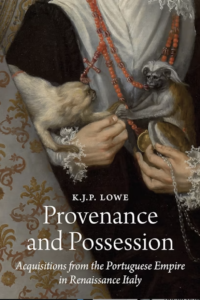
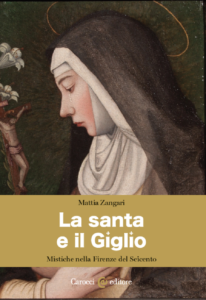
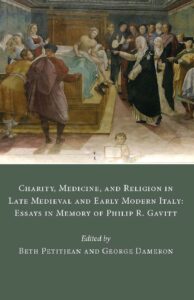
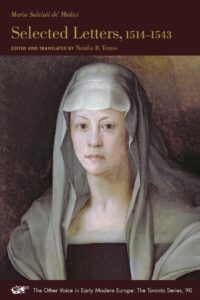
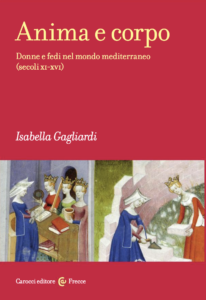
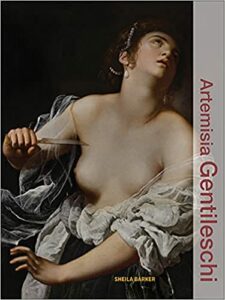
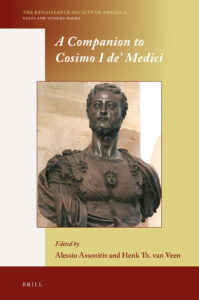
SENIOR FELLOWS
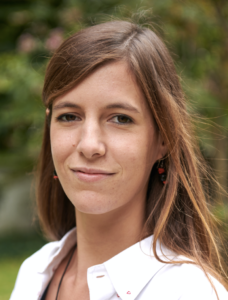
Sid and Ruth Lapidus Curatorial Fellow 2023
After a Master’s degree at the École du Louvre, Alice S. Legé obtained her PhD in Art History in June 2020, with a thesis on the residences and the collections of the Cahen d’Anvers family (supervisors Ph. Sénéchal, Univ. Amiens / G. Agosti, Univ. Milan). Lecturer at the University of Rome 3 (History of Architecture), she is member of the International Council of Museum (ICOM) and affiliated researcher of the Jewish Country Houses project at the University of Oxford. Her research focuses on the relationship between residences and collections, historical gardens and Jewish patronage in the nineteenth century. She also has an established publishing history about Renaissance Medals. Three advanced training courses in cultural management (Luiss Business School and Gallerie d’Italia Academy) and computer science for heritage preservation (Polytechnic University of Milan) complete her technical skills. In the last years she collaborated with the Louvre Museum, the Spada Gallery in Rome, the French National Centre for Scientific Research and the Royal Palace of Caserta. Here and elsewhere, she worked with an international network of colleagues and patrons, participating in preventive conservation actions and exhibition projects. As a free-lance curator, she specialized in collection management and inventories check.
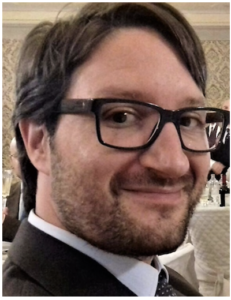
NEH Avviso Project Fellow 2021-22
After his studies at the Scuola Normale Superiore di Pisa (Laurea, 2005), University of Florence and University of Bonn (PhD, 2009) and UCL (PhD, 2015), Oscar Schiavone became a Teaching Fellow first at UCL and then at Durham University. His research aims to understand how early modern civilisation articulated its identity and self-perception through cultural systems (e.g., the system of the arts; the relationship between social and cultural change) and the manipulation of information (e.g., political communication; cultural propaganda; reception / translation). Oscar’s first book, which received the ‘Giuseppe Giusti / Opera Prima’ award in 2014, looked at Michelangelo’s artistic and literary productions aiming to define the inner nucleus of his imaginative world in a neuro-aesthetic framework. Through the reconstruction of Luca Martini’s career as a polymath and a bureaucrat stationed in Pisa, Oscar’s second book (forthcoming) will connect literature, art, and politics looking at how culture contributed to creating the image of Medici power while shedding light on the ‘Florentinisation’ of Tuscan cultural identity. Future research will investigate migration to highlight how ideas of belonging, cultural identification, and difference emerged in early modern Tuscany. Oscar’s recent scholarly work includes an edited volume on Michelangelo’s sculpture, a chapter in Brill’s Companion to Cosimo I de’ Medici as well as entries in exhibition catalogues and articles in international refereed journals (e.g., International Journal of Maritime History, Studi Rinascimentali, Modern Language Review). Finally, Oscar is the editorial coordinator of Albertiana, the journal of the Societé Internationale Leon Battista Alberti.
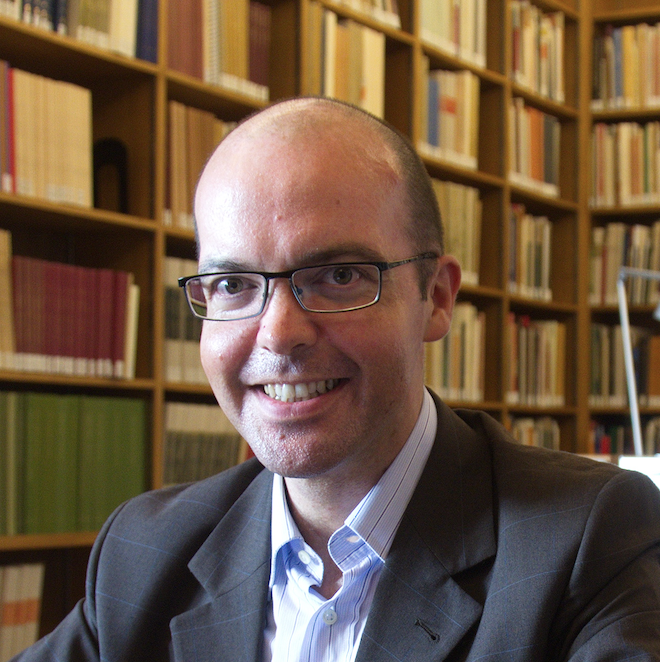
Book History Fellow 2021-22
Davide Baldi Bellini is an adjunct professor at the University of Florence. His research interests center on the transmission of Greek and Latin texts as well as on Byzantine culture and Renaissance Humanism. He was a Lila Wallace-Reader’s Digest Fellow at I Tatti, the Harvard University Center for Italian Renaissance Studies (2013-2014), a Post-Doc Fellow at Ca’ Foscari University of Venice (2014-2015), and a Research Assistant for Western Manuscripts at the Calouste Gulbenkian Foundation in Lisbon (2016-2019). His scholarly work has been published in a number of international refereed journals and by leading academic publishers. His most important publications include: Il ‘Codex Florentinus’ del Digesto e il fondo Pandette (Segno e testo, 2010); Etymologicum Symeonis gamma-epsilon (Brepols, 2013); Sub voce etymologia (Revue d’histoire des textes, 2014); Le editiones di Prisciano e i graeca (Georg Olms Verlag, 2014); Atanasio. Vita di Antonio (Città nuova, 2015); Il greco a Firenze e Pier Vettori (1499-1585) (Ed. dell’orso, 2015); The Young Amerigo Vespucci’s Latin Exercises (Humanistica Lovaniensia, 2016); I Documenti del Concilio di Firenze e quasi sei secoli di storia (Rivista di storia e letteratura religiosa, 2017); ‘O filii et filiae’: testo, melodia e Fortleben (Rivista internazionale di Musica sacra, 2018); Ringmann, Waldseemüller and the Philological Cosmography of the New World (Peter Lang, 2018); Aldo Manuzio e le peculiarità greche: le abbreviazioni (Ledizioni, 2019); and Pier Vettori: Philologist and Professor (Brill, 2021).

Senior Project Fellow 2021-22
Anton Serdeczny, doctor of History of the EPHE (2014, Sorbonne Paris, codirected by Ludwik Stomma), has taught modern history in Marne-la-Vallée, Neuchâtel, Moscow, and Aix-Marseille, and has been a visiting researcher at the Adam Mickiewicz University of Poznan, at the European University Institute in Florence and at the University of Erfurt. His work focuses on the interactions between religion, culture and science, particularly on the links between oro-ritual culture, especially carnival, and early modern medicine. He is the author of Du tabac pour le mort. Une histoire de la réanimation, published by Champ Vallon (2018), a book that examines the atypical development of medical reanimation in the early modern period, as an involuntary scholarly re-elaboration of carnivalesque rites and representations of resurrection. His current research addresses the role of the European oral and ritual cultural substratum in elites, and more specifically in the systems of representations related to intersex in the modern period. He is also organizing an experimental, collaborative, academic cell with Algerian academics to study the circulation of oral tales and motifs on either side of the Mediterranean.
SAMUEL H. KRESS FELLOWS 2023-24
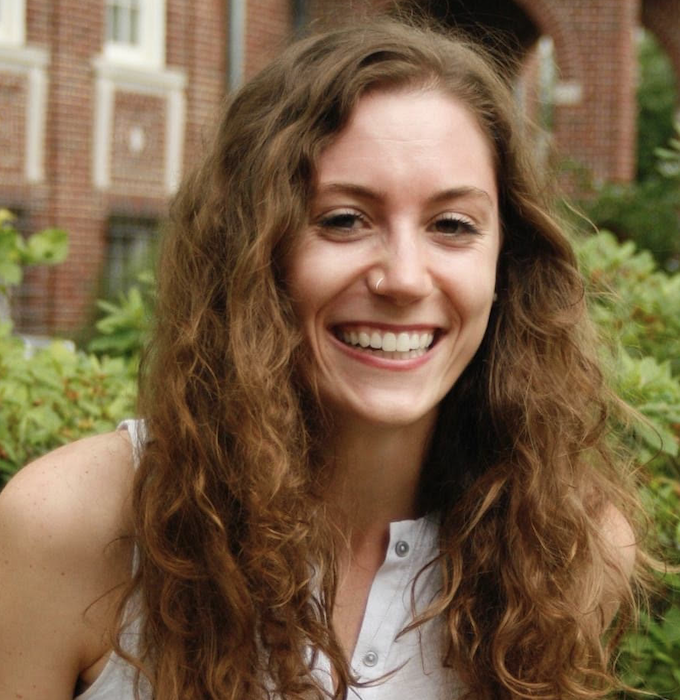
Shannah Rose
Samuel H. Kress Fellow 2023-24
Shannah Rose is a Ph.D. Candidate at the Institute of Fine Arts, New York University. She holds a B.A. in Art History and B.F.A. in Printmaking from the University of Virginia (2016) and an M.A. in Art History & Latin American Studies from Tulane University (2019). Her dissertation, “The Codex Ríos and the Reception of Mesoamerican Pictography in Early Modern Italy,” examines the creation, translation, exchange, and reproduction of illustrated manuscripts between colonial Mexico and early modern Italy in the sixteenth and seventeenth centuries. While a major component of her dissertation argues for the Codex Ríos (Biblioteca Apostolica Vaticana) as a linguistic and cultural mediator between Rome and Mexico, as a fellow at MAP, Shannah will explore the object biographies of Aztec pictorial codices in Tuscan collections at the Biblioteca Medicea Laurenziana and Biblioteca Nazionale Centrale and mine their archival records at the Archivio di Stato. Shannah’s research has been supported by the Renaissance Society of America (RSA), the International Center of Medieval Art (ICMA), the Medieval Academy of America (MAA), the Newberry Center for Renaissance Studies, Rare Book School, and the Tinker Foundation.
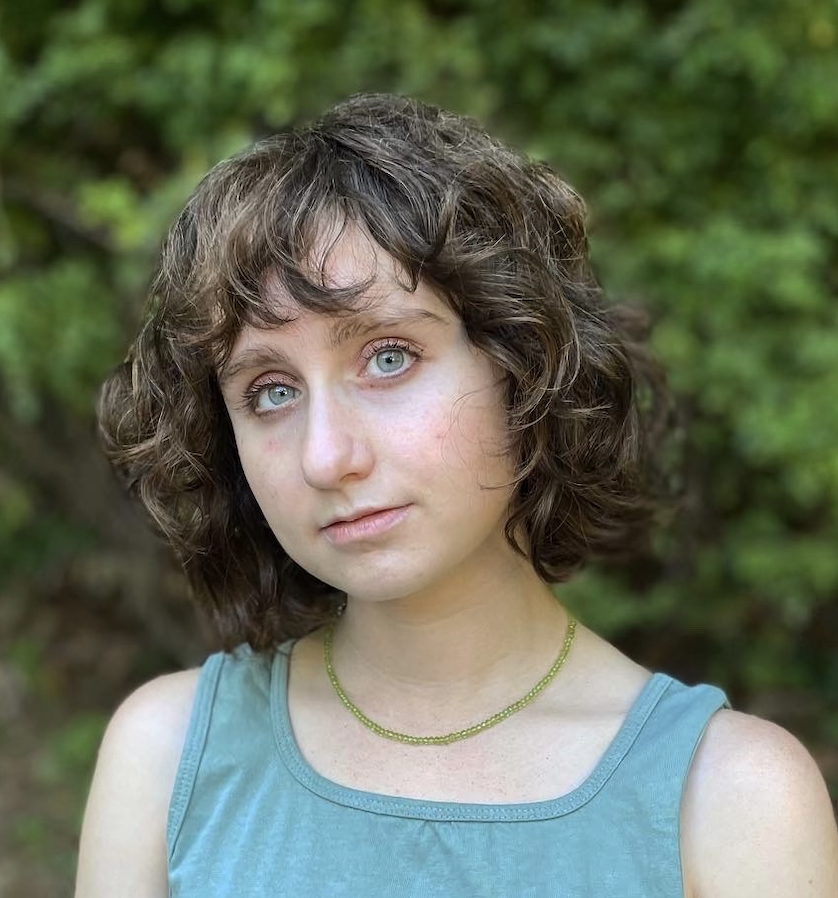
Samuel H. Kress Fellow 2023-24
Nicole Boyd is a PhD candidate in History of Art at Yale University, specializing in seventeenth-century Italian painting and architecture. Prior to beginning her graduate studies, she received her BA in Art History and Italian Studies from Wesleyan University, where she wrote a thesis on the Romagnolo painter Guido Cagnacci (1601–1663). Her doctoral dissertation focuses on the Bolognese frescoists Angelo Michele Colonna (1604–1687) and Agostino Mitelli (1609–1660) and their illusionistic architectural murals found in locales such as the Palazzo Pitti in Florence and Palazzo Ducale d’Este in Sassuolo. As a Kress Fellow at MAP, Nicole will develop this project, seeking wide-ranging archival materials that will enable her to better understand how these immersive artworks were experienced and interpreted by their original “Baroque” audiences.
EVA SCHLER FELLOWS 2023-24
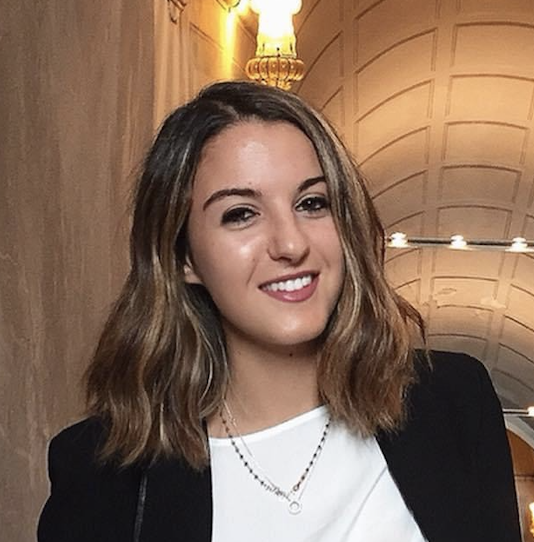
Eva Schler Fellow 2023-24
Since October 2021 she has been a Ph.D. Student in Early Modern History at the Ludwig-Maximilians-Universität München (with a cotutelle agreement with the University of Padua). Her Ph.D. project, entitled «Between cure and control: doctors, convicts and slaves of Tuscan and papal galleys (1571-1771)», aims to comprehensively investigate the theories, mechanisms and practices of (medical) vigilance put in place towards the galleys’ convicts and slaves in Livorno and Civitavecchia between the 16th and 18th centuries. In particular, it analyses and questions the role and tasks of a figure often neglected by historiography: the galley doctor, who was responsible not only for the health of the crew, but also for maintaining order and discipline. Between July 2021-July 2023 she has been a research assistant at the Institute for Medical Humanities of the Rheinische Friedrich-Wilhelms-Universität Bonn, as part of the SFB 1369 „Vigilanzkulturen: Transformationen. Räume. Techniken“ of the LMU- Ludwig-Maximilians-Universität München (Subproject C02 „Vigilanz als Ideal, Strategie und Methode in der medizinischen Kultur der Vormoderne“). In 2023, her research will also be supported by the Herzog August Bibliothek in Wolfenbüttel (Rolf und Ursula Schneider-Siftung), and the Deutsche Historische Institut of Rome (Max Weber-Stiftung).
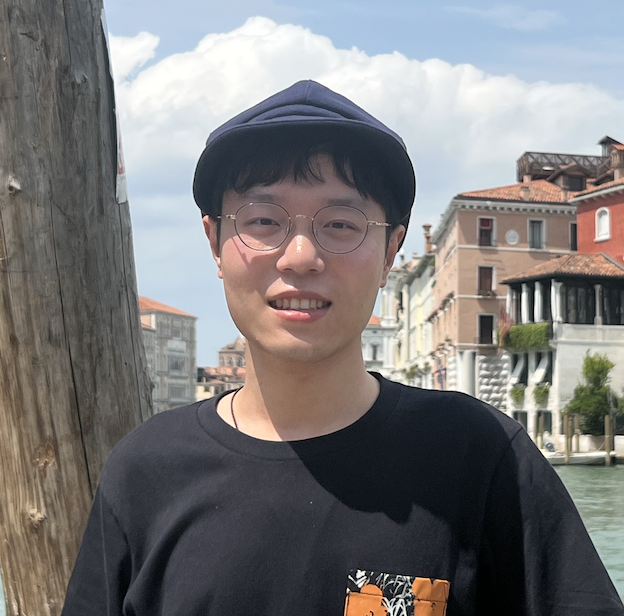
Eva Schler Fellow 2023-24
Wanxin Du is a current PhD candidate at the Centre for the Study of the Renaissance at the University of Warwick (supervisors Dr Jonathan Davies and Dr Luca Molà). He obtained his MA in World History from Fudan University in 2022 and his BA in World History from Tianjin Normal University in 2019. Wanxin is working on his PhD project on violent crimes and criminal justice in the Grand Duchy of Tuscany in the late sixteenth and early seventeenth centuries. A comparison between the stato vecchio of Florence and the stato nuovo di Siena will be his focus. His work at MAP explores judicial and administrative archives and letter collections stored in the State Archives in Florence and Siena, especially the letter records of the Mediceo del Principato.
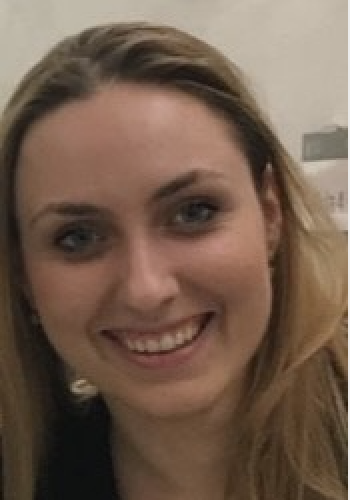
Eva Schler Fellow 2023-24
Camilla Torracchi received her Master’s degree in Art History at University of Florence in 2020 (master’s thesis entitled “Gli Scarlatti: collezionisti, intermediari e diplomatici a Roma fra Sei e Settecento”) and she’s currently attending the “Scuola di Specializzazione in beni storico-artistici” at the same University. She is interested in museum studies and, since 2022, she has been a museum studies tutor at Smith College in Florence. Her main focus is history of collecting and archival research, particularly in the early modern age. In 2022-2023, she was a fellow at the Centro Interdipartimentale di ricerca per i beni Architettonici e ambientali e per la progettazione Urbana (BAP) of the University Federico II of Naples (her project was entitled: “La costruzione di Palazzo Como a Napoli e i modelli fiorentini”).
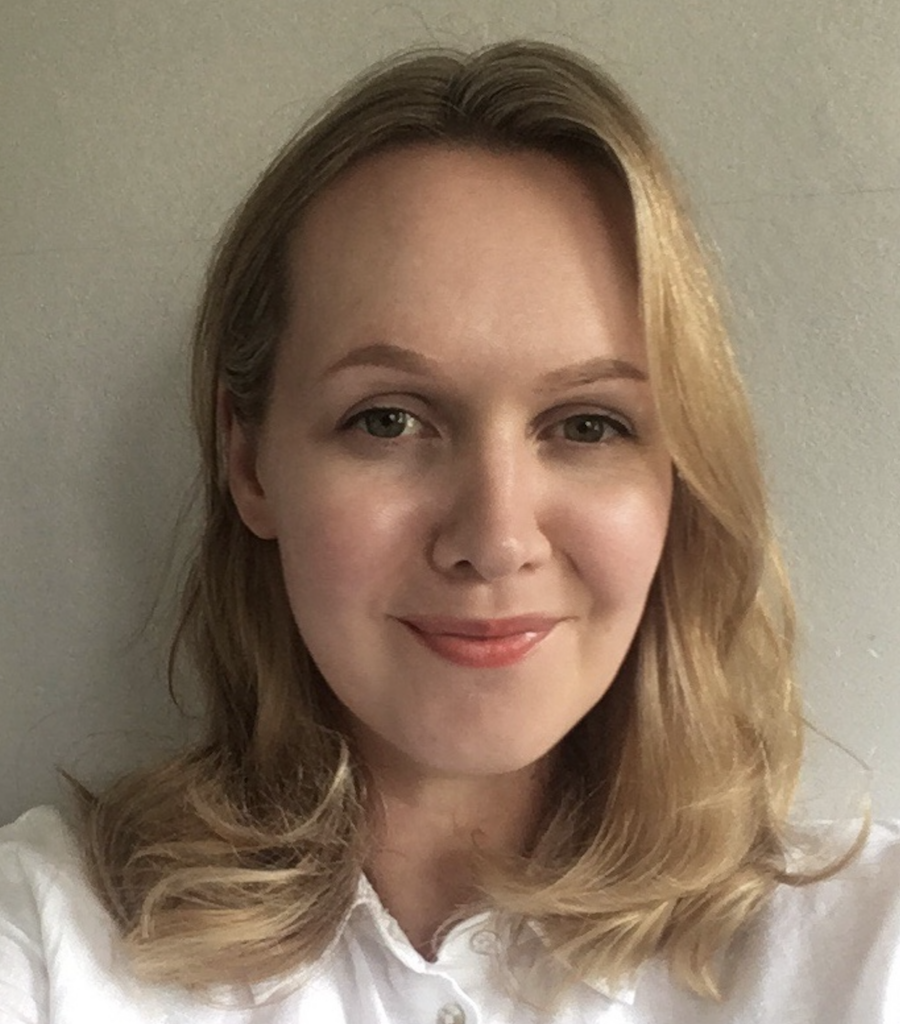
Eva Schler Fellow 2023-24
Natasha Burbridge is an AHRC funded PhD student in the History of Art at the University of Warwick. She holds a BA (First Class) in Medieval History and an MA (Distinction) in Medieval and Renaissance History, both from Queen Mary, University of London. Her PhD is the first sustained study of the sixteenth-century Tuscan artisan Pastorino Pastorini (c.1508-1592), best known as a portrait medallist. During her Eva Schler Fellowship, Natasha will research the nature of Pastorino’s relationship with the Tuscan court and his patronage under Grand Duke Francesco I. Prior to her PhD, Natasha worked for Historic Royal Palaces, The British School at Rome, and held a funded internship in the Department of Coins and Medals at The British Museum.
VISITING FELLOWS 2023-24
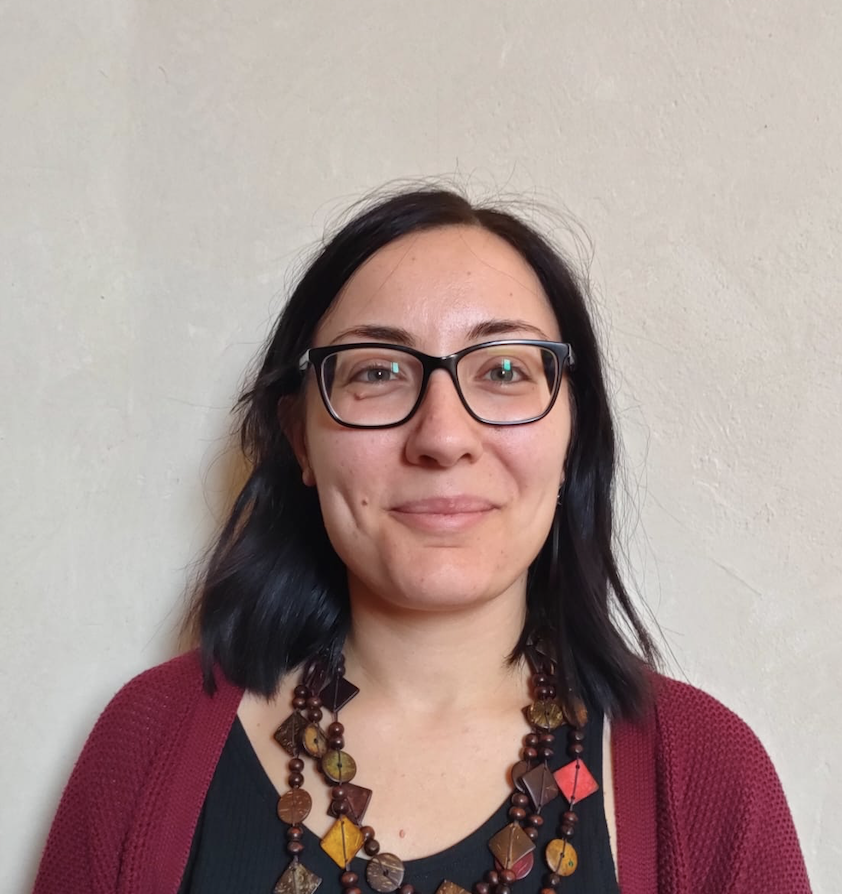
Assunta Vitale
Visiting Senior Fellow 2023-24
Assunta Vitale is currently a research fellow at the Dipartimento di Studi Umanistici of the Università per Stranieri di Siena within the project The Medici Avvisi: The News that made us Modern (17th Century). She earned her undergraduate degree in Lettere Moderne at the Università degli studi di Napoli ‘Federico II’ and her postgraduate degree in Filologia Moderna at the Università per Stranieri di Siena. In 2022 she received her PhD in Linguistica Storia, Linguistica Educativa, Italianistica: l’italiano, le altre lingue e culture at the Università per Stranieri di Siena with a dissertation on Giovan Battista Basile’s Lo cunto de li cunti. Her interests revolve around baroque literature and the Tuscan Accademies of the seventeenth century. Since 2018, she is a member of the research group Accademie Toscane del Seicento co-ordinated by CISS – Centro Internazionale di Studi sul Seicento. Her most recent publications are: La molteplicità: una categoria barocca per Lo cunto de li cunti (Pacini, 2022); Bambole e statue semoventi ne Lo Cunto de li Cunti, in Letteratura e Scienze. Atti delle sessioni parallele del XXIII Congresso dell’ADI, (Adi editore, 2021); «Levare il governo del regno d’Amore dalle mani de’ cavalieri e porlo nelle dame». L’Accademia delle Assicurate di Siena (1654-1714 ca.) in Le accademie toscane del Seicento fra arti, lettere e reti epistolari (Edizioni Università per Stranieri di Siena, 2020).
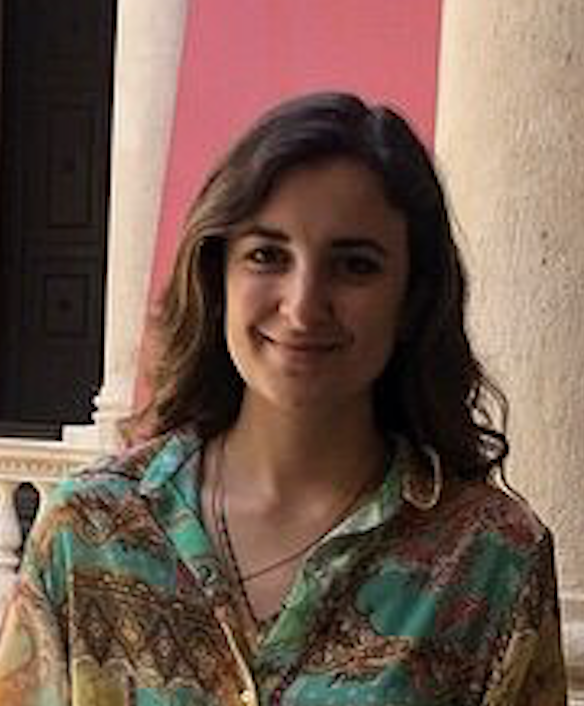
Florence Forte
Leverhulme Study Abroad Studentship 2023-24
Florence Forte is currently a PhD student at the Warburg Institute in London, on a one-year studentship at MAP funded by the Leverhulme Trust. She graduated with first-class honours from Nottingham (BA, Classics) followed by a PGCE at King’s College London and most recently, an MA in Cultural, Intellectual and Visual History with distinction from the Warburg Institute (2022). Her PhD project examines Isotta Nogarola’s Latin disputation on the relative sin of Adam and Eve (c. 1451) and its context, with a strong focus on new and old primary material. Besides this, Florence’s general interests include: the transmission of classical texts/images, fifteenth-century humanists and their educations, canon formation, interpretations of Genesis, dissenting voices and women’s writing (1400–1700). In her spare time, Florence organises courses and cultural events in Italy promoting the classical tradition with wider audiences via Forte Academy.
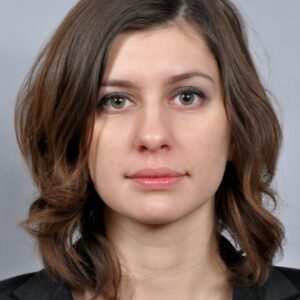
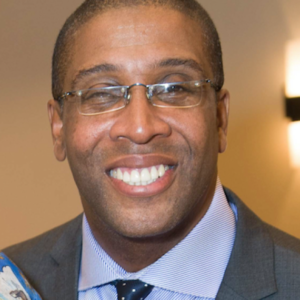
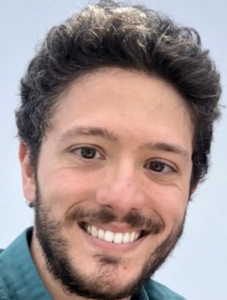
Lana Martysheva
Visiting Senior Fellow
Herbert Toler
Visiting Senior Fellow
Vincenzo Sorrentino Visiting Senior Fellow
PAST FELLOWS
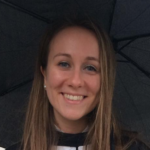
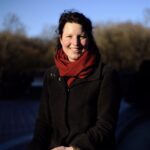
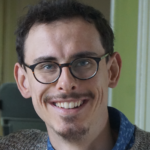
Eva Schler Fellow 2022
Eva Schler Fellow 2022
Eva Schler Fellow 2022
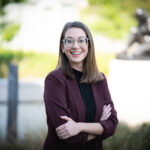
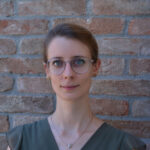
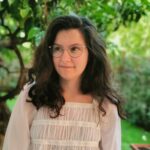
Samuel H. Kress Fellow 2022
Samuel H. Kress Fellow 2022
Eva Schler Fellow 2022
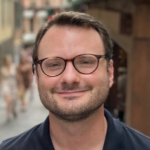
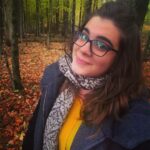
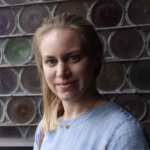
Eva Schler Fellow 2021
Samuel H. Kress Fellow 2021
Samuel H. Kress Fellow 2021
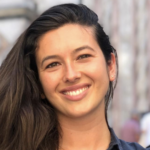
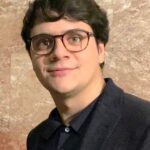
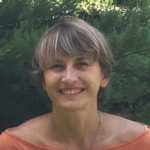
Marina Hopkins
Eva Schler Fellow 2021
Eva Schler Fellow 2021
Francesca Mari
Eva Schler Fellow 2021
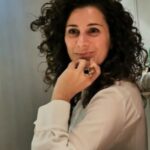
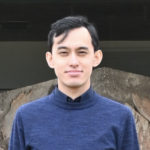
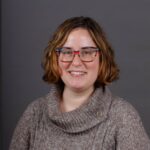
Eva Schler Fellow 2020
Samuel H. Kress Fellow 2020
Samuel H. Kress Fellow 2020

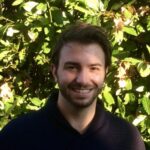
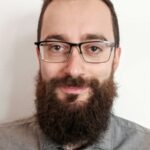
Eva Schler Fellow 2020
Eva Schler Fellow 2020
Eva Schler Fellow 2020
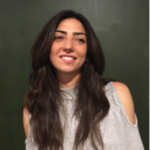
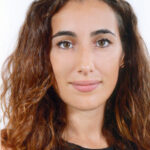
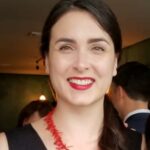
Eva Schler Fellow 2019
Elisa Paoli
Eva Schler Fellow 2019
Samuel H. Kress Fellow 2019
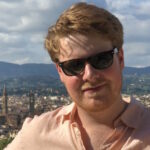
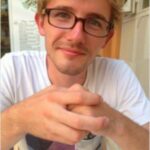
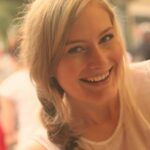
Teddy Chappell
Samuel H. Kress Fellow
2019
Pierre Nevejans
Eva Schler Fellow 2019
Adriana Concin
Eva Schler Fellow 2019
Eva Schler-Staatliche Kunstsammlungen Dresden Postdoctoral Fellow 2021
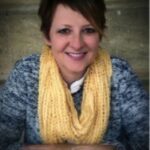
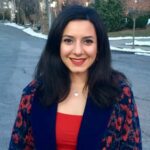
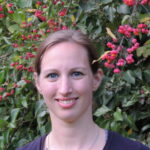
Dru Swadener
Samuel H. Kress Fellow 2018
Negar S. Rokhgar
Samuel H. Kress Fellow 2018
Eva Schler Postdoctoral Fellow 2021
Laura Overpelt
Eva Schler Fellow 2018
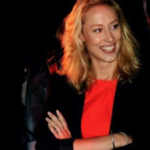
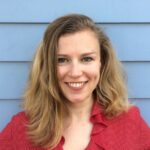
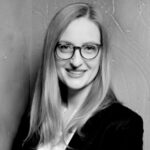
Wieke Reitsma
Eva Schler Fellow 2018
Anna-Luna Post
Eva Schler Fellow 2018
Linda Olenburg
Eva Schler Fellow 2018
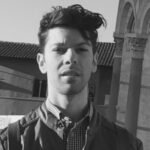
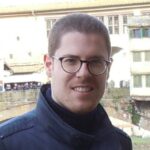
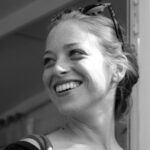
Mattia Zangari Eva Schler Fellow 2017
Pasquale Focarile
Eva Schler Fellow 2017
Margherita Cinti
Eva Schler Fellow 2017
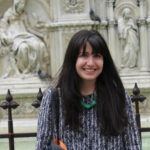
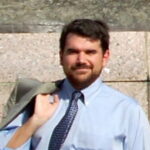
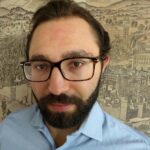
Zoe Langer
Samuel H. Kress Fellow 2017
Lorenzo Vigotti
Samuel H. Kress Fellow 2017
Alexander J Noelle
Samuel H. Kress Fellow 2016
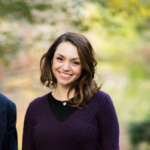

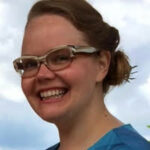
Daria Rose Foner
Fullbright Fellow 2016-2017
Victoria Bartels
Samuel H. Kress Fellow 2016
Hannah Wirta Kinney
Samuel H. Kress Fellow
2015
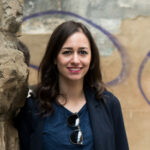
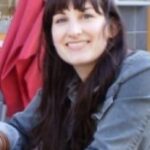
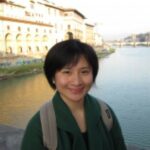
Victoria Addona
Samuel H. Kress Fellow
2015
Anne-Marie Stead
Samuel Freeman Fellow
2014
Jiang Wei
Samuel Freeman Fellow
2014
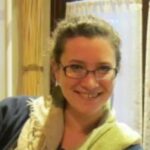
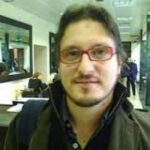
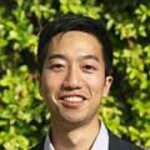
Erin Giffin
Samuel H. Kress Fellow
2014
Cristiano Zanetti
Samuel Freeman Fellow
2014
Morgan Ng
Samuel H. Kress Fellow
2014
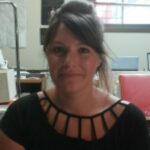
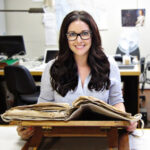
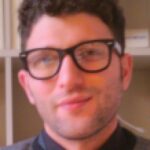
Tessa C. Gurney
Samuel H. Kress Fellow
2013
Ashley Lynn Buchanan
Samuel Freeman Fellow
2013
Davide Boerio
Samuel Freeman Fellow
2013
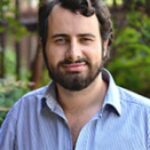
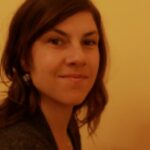
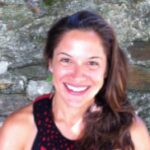
Samuel Gallacher
Samuel Freeman Fellow
2013
Laura Windisch
Samuel Freeman Fellow
2013
Julia Siemon
Samuel H. Kress Fellow
2013








Copyright © 2024 The Medici Archive Project